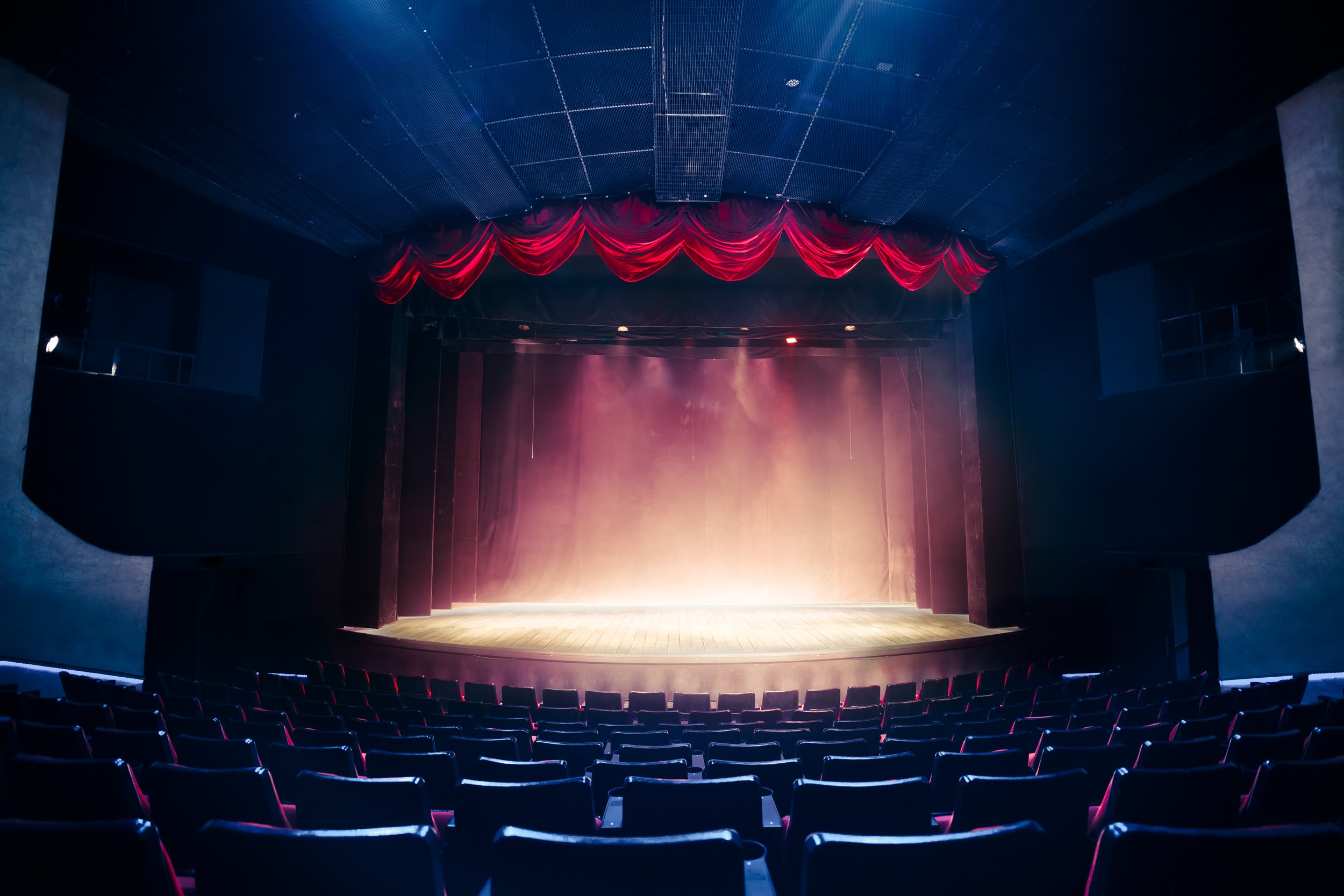What is Technical Theatre?
Bringing a Play to the Stage
Technical theatre refers to a stage performance and all of the technical elements that go into creating a theatre production, essentially everything besides the performers themselves. When you put on a play or a musical, there are many different parts that come together to create a show that will entertain audiences. The biggest challenge is bringing all of those parts together seamlessly so that the ultimate vision is achieved.
Elements of Technical Theatre
There are many different technical elements of theatre, including:
Sound. Sound engineering, or audio, encompasses everything that goes into sound quality. This includes natural acoustics, microphones, background music, performance tracks, instruments, vocals, and any other elements of sound that are needed in a production. Sound is important so that the audience can hear what is happening in the show and to help establish the mood of each scene.
Lighting. Lighting includes all stage illumination from spotlights to overhead lighting. Brightness, color, directional lighting, and other lighting elements help guide the focus of the audience to the action and allows them to see the performance effectively. Lighting can also help set the mood of each scene and create special effects.
Scenery. Most visual productions require scenery to establish the setting of the story being told. It helps the audience visualize the scene more clearly as if it were happening in real life instead of on a stage. Scenery can include two-dimensional elements such as a backdrop and three-dimensional elements that performers can sit, stand, lay, or even dance on.
Costumes. Costumes help performers look more in-character. They help transform a person into the character they are supposed to be portraying, providing a more convincing performance that can make you feel as if you are looking at someone else entirely. Costumes make the characters come alive.
Props. Another important aspect of technical theatre is props, short for property. These are the items that the characters manipulate to help tell the story. Props can be small items that can be held in your hand to larger items that you may even be able to get in and out of, like vehicles.
How Technical Theatre Elements Work Together
The key to a successful theatre performance, besides the performers themselves, is for the technical elements to work well together. This requires effective communication between the people responsible for the various technical elements.
The costume designers need to communicate with the lighting coordinators to ensure that the lights complement the costumes without clashing. The costume designers also need to communicate with the set designers and prop makers to ensure that the costumes will stand out against the backdrop instead of blending in and that the props make sense with the scenery.
The sound and lighting engineers need to work together to help set the mood of each scene with dimming and brightening of the lights and volume control for the audio. Sound effects and lighting also need to be in sync for realistic effect.
Not a single one of these elements can exist alone. All must work together for a successful and entertaining show.
How Technical Theatre Works With Performers
In order to put on a successful production, the technical elements must also work with the performers themselves. Costumes must fit the performer, both in size and in character. The performers must understand the sets and props and how they work. Audio and lighting must be tweaked to the performers’ individual needs, such as more or less volume and visibility. Everyone needs to listen to each other and make adjustments accordingly in order to create the best possible production.
Educational Theatre for Performers and Tech Crew
Ready to learn more about theatre and be an important part of a live production? Forestburgh Playhouse provides educational theatre for all aspects of theatre productions, both performers and tech crew members. If you’re interested in designing costumes, sets, and props or engineering lighting and sound, our spring and summer theatre education series covers the technical elements of theatre as well as performing. Each experience culminates with a live production showcasing the skills each student has learned.
Learn more and reserve your spot in the education series of your choice today. Call 845-794-2005 for more information.

